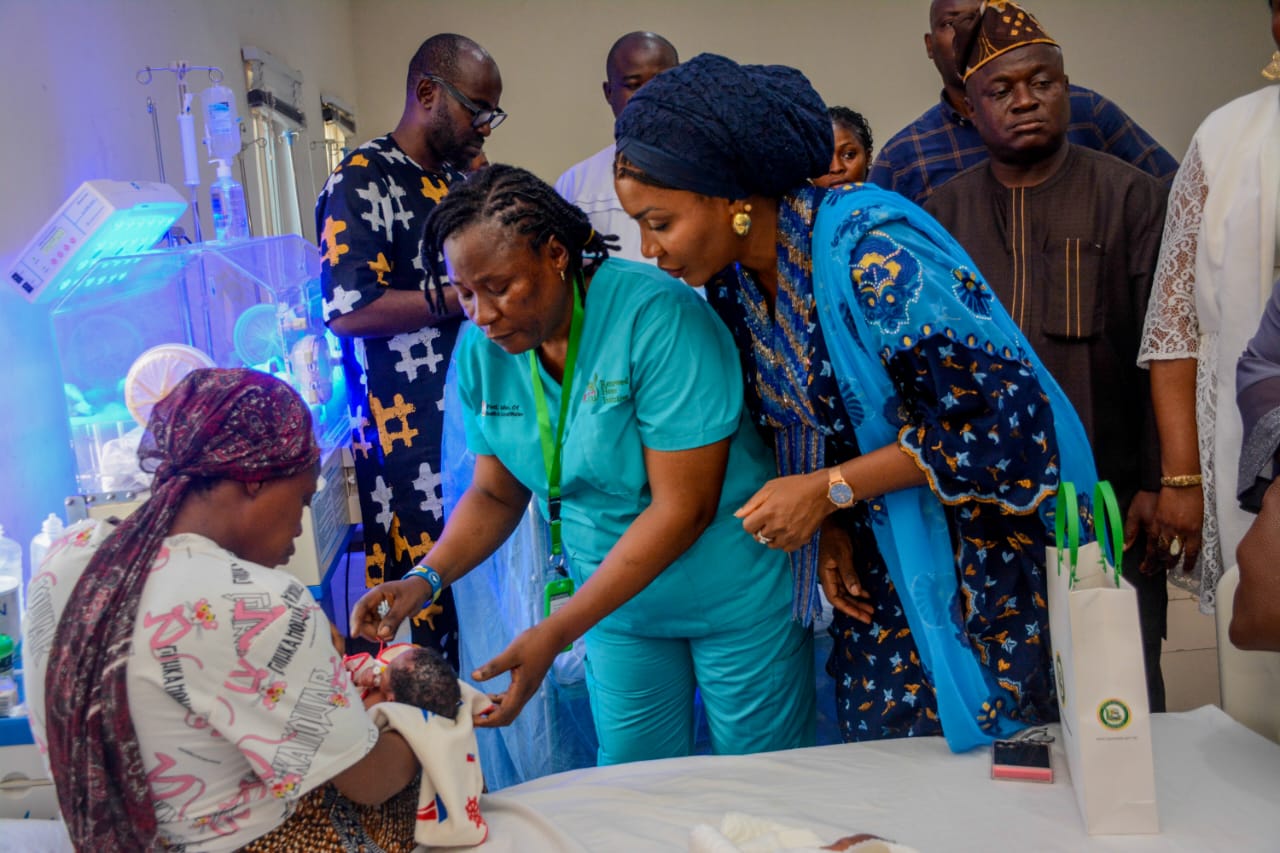
The inability of political leadership to engender good governance has crippled the potential growth and development of Nigeria in its 64 years of independence.
Furthermore, the bane of corruption among political elites has further led to system failure across all sectors of the economy, with far-reaching effects on human existence.
These were part of the submissions of the lead speaker during a special Independence Anniversary Lecture organized by the Kano State government on Sunday.
Speaking on the theme: “Nigeria’s Independence and Leadership Challenges: Repositioning Kano for a Brighter Future,” Professor Kamilu Sani Fagge, a Professor of Political Science at Bayero University, Kano, explained that Nigeria has recorded relative progress since independence but is still lagging behind its peers.
Professor Fagge posited that countries like India, Brazil, and other developed nations, which shared comparative advantages with Nigeria several decades ago, have joined global development and left Nigeria behind.
The Professor of Political Science emphasized that despite the abundant natural resources endowed upon Nigeria, the country could not have grown in the same proportion as the Asian Tigers due to the endemic failure of leadership across various sectors.
“Since independence, Nigeria has produced leaders. However, I can see that the kind of leaders since the return to democracy in 1999 are quite different from those forefathers who, through their common interest, nationalism, patriotism, and ideology, fought for the independence and unity of the country. Unfortunately, that kind of leadership is no longer present,” he said.
“Corruption is another challenge compounding the leadership failure in the country. People no longer regret the allegations of corruption, which are being perpetrated with audacity at all levels of leadership.
“And this does not limit leadership alone; it also penetrates deeply into the followers. Leaders now appropriate public resources for themselves, thereby denying citizens the right quality and better life they deserve. “
Professor Fagge subsequently submitted that Kano, among other sub-nations, is equally battling with more complicated challenges, including population explosion, drug abuse, and the collapse of industries. He said the impact has continued to provoke out-of-school children, insecurity, and unemployment.
He said, “Part of our challenges in Kano involves the issue of population explosion. Globally, population is seen and used to increase growth. But unfortunately, it is a liability in our environment.
“And this is the root cause of Almajiri children taking over our cities. Even though many see Almajiri as a menace, I view it not as a problem but as a leadership problem. Leadership that should define ways of managing situations is often absent.
“The collapse of industries in Kano due to power failure has also led to unemployment and insecurity. Previously, Kano used to be the hub of manufacturing companies in Challawa, Sharada, and similar areas. Today, those places are now mere shadows of their former selves. The factories have shut down because of power failure.”
He urged the government to invest more in reviving about 20 dams under disrepair to boost an irrigation system capable of enhancing agricultural growth, generating energy, and reopening moribund industries.
Governor Abba Kabir Yusuf, represented by the Commissioner for Information and Home Affairs, Baba Halilu Dantiye, stated that the government is poised to reposition social economy and infrastructural development in the state.






